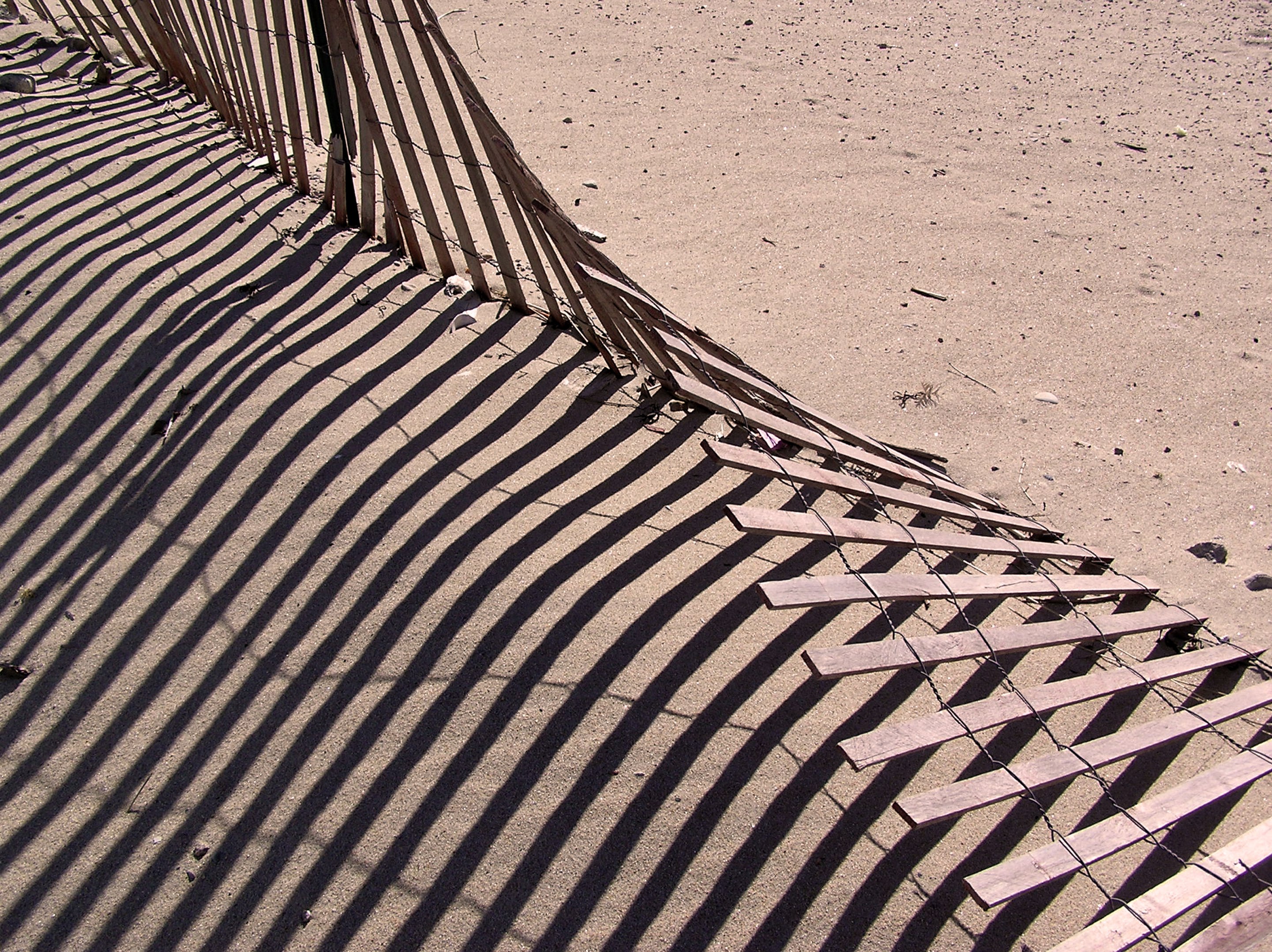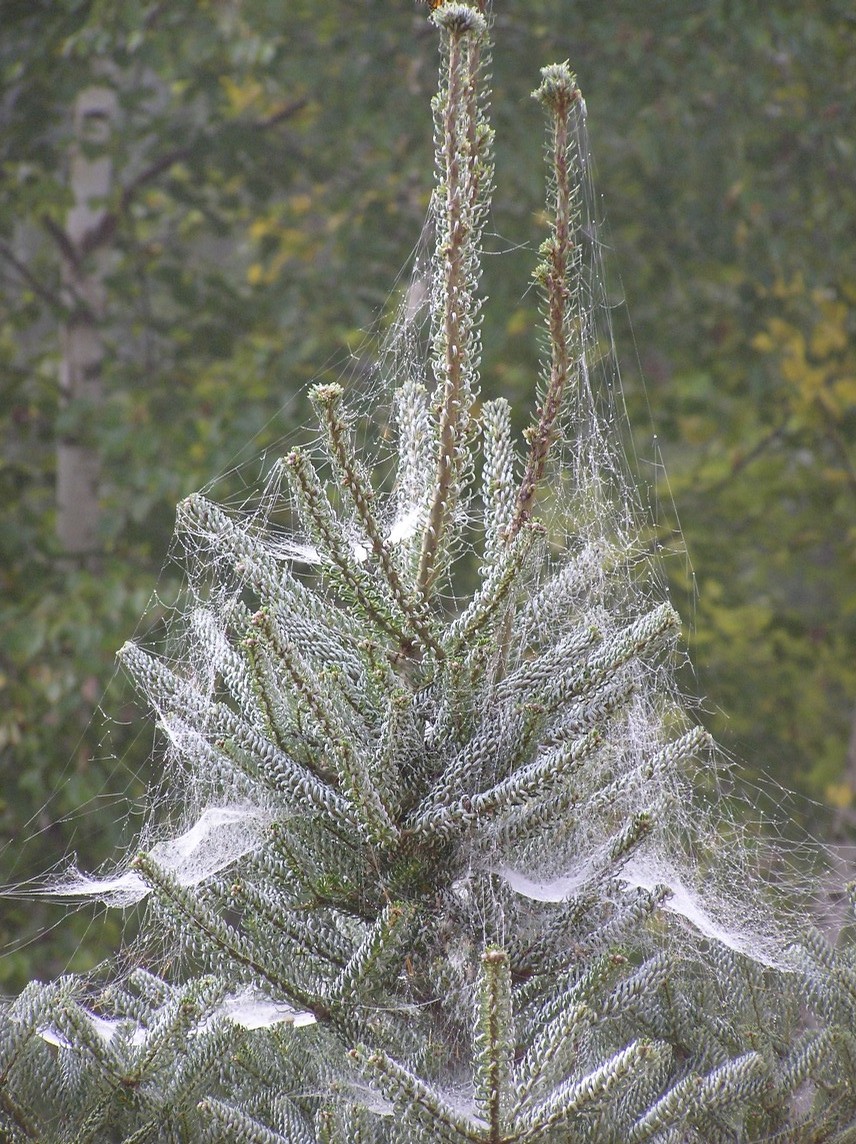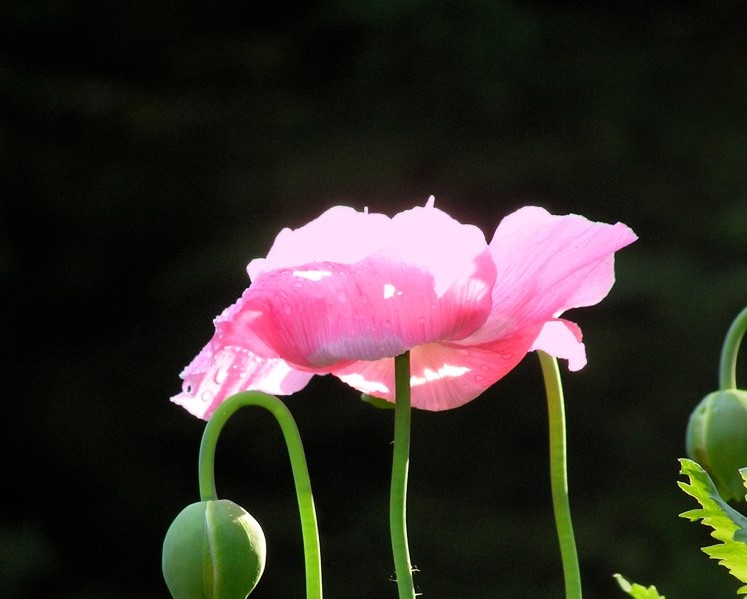
The Holistic Perspective
William Bergquist in his essay outlined how the Christian, Greek and European traditions view mental illnesses: caused by evil spirits and/or movement of organs and fluids within the body. In this essay, we will consider the eastern perspectives to be centred around energy. We will use examples from Ayurveda to demonstrate some practices, though there are many more like TCM (Traditional Chinese Medicine) that comes under the label eastern.
‘Prana’ represents the various groups of life forces flowing through the body. ‘Vayu’ (vital air in simple terms) is one of the components of this energy system. It is one of the tridoshas (the three bio entities Vata, Pitta and Kapha which are generally more concerned with the body) and is said to be the controller and prompter of the mind (manas). It is also said that the excited vayu depresses the mind, gives rise to fear, grief, stupefaction, feeling of helplessness, delirium. When Mind is seen as a combined psycho motor entity connected to the five sense centres and five motor centres, then Mind influences the bodily functions causing illness. In a view different from the western view, the Manas is said to be actively spread out throughout body except some parts such as nail and hair.
One of us remembers an Ayurveda practioner visiting his home to treat a child who was not feeling well. Those days, the healer used to come home rather than the patient going to his clinic. After a few minutes of observation, the practioner asked many questions about the family environment, even though being a member of our community, he knows our family well. He checked the child’s pulse and eyes – he observed the patient from a distance for a long time. He was mostly contemplative and quiet, rather than actively engaging and wanting to complete the consultation quickly. In a way, there was more observation in silence than conversations. There was more curiosity than advice giving. The practioner seemed to connect with the patient with compassion, where they seem to suffer together for a few moments.
The prescription typically would include some unpleasant herbal concoction to be taken a few times a day after prayers, with strict instructions on daily routines including diet, physical activity and rest. Usually, the diagnosis will point to worms, worry or some similar mental disturbances in addition to the imbalance of bodily elements, change of seasons or something similar. Depending on the tradition some practitioners may point to spirits, ancestors and divine interventions.








